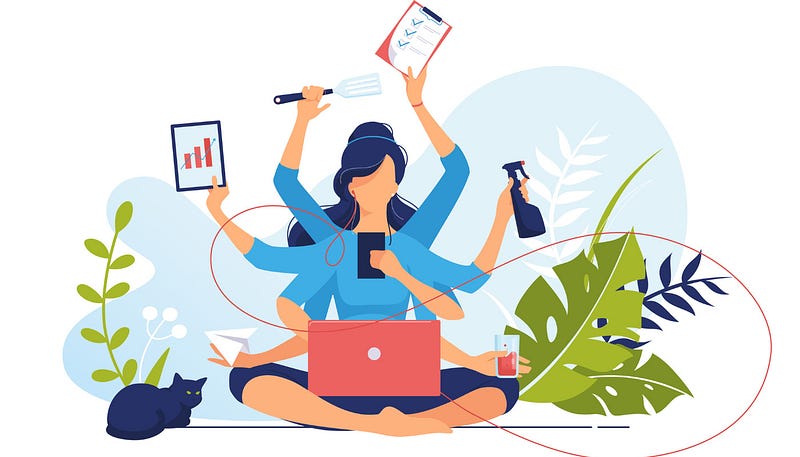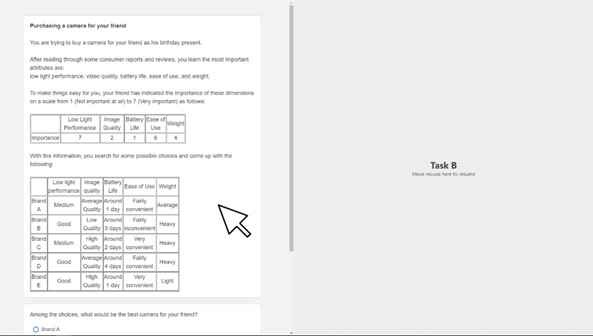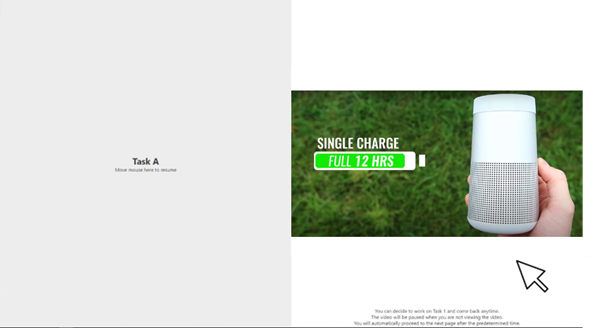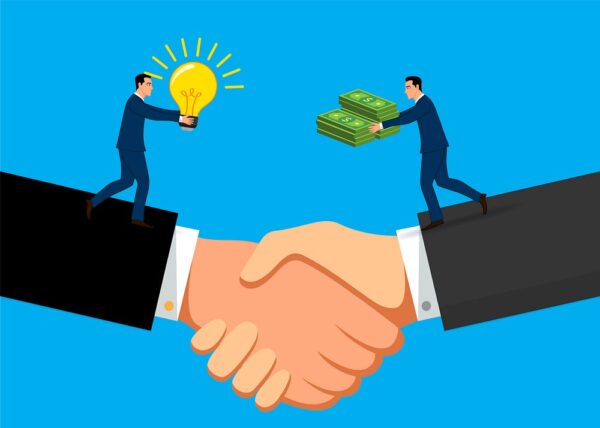9 Research-Based Revelations About Multitasking
Think you’re great at completing multiple tasks at the same time? A new study shows why you’re probably wrong.
Based on the research of Susan Broniarczyk

Susan Broniarczyk, associate dean for research and marketing professor at Texas McCombs, doesn’t listen to podcasts while she’s driving. She prefers to focus on one task at a time.
“I would say personally, I am the world’s worst multitasker,” Broniarczyk says.
But with many people claiming to finish more tasks in less time by tackling them simultaneously, she wanted to find out what she was missing.
“I was always enamored by all these people who seem to be multitasking, and I wondered: Why can’t I do that?” she says. So, she and co-author Jerry Han, Ph.D. ’18, of the University of Technology Sydney studied when and why consumers multitask, especially important as many online purchases are made while consumers are multitasking. In new research, she asked participants to complete tasks simultaneously, including going back and forth from reading product text to watching a product review video, versus doing them consecutively.

The findings? She’s not alone in her struggles with multitasking. “In some ways, the research was reassuring that, in fact, they’re not being as successful as they think. Multitasking involves rapid switching between tasks, because we can’t actually do two things at the same time.”
From her research, Broniarczyk offers nine practical takeaways on how to think about multitasking:
We multitask to regain control. In her research, Broniarczyk found that people choose to multitask due to their feelings of lacking control. “When we are feeling low control, we are motivated to want to restore control,” she says. A belief we’ll be more efficient — and exert greater mastery over our environment — causes us to attempt to focus on more than one task at a time. “We definitely find that a low sense of control leads to increased multitasking,” she says, typically in an effort to make better use of our time. In fact, some preliminary evidence shows that multitasking actually does help us restore a sense of control.
But we feel more stressed afterward. Participants reported constant task switching led to greater stress and negative feelings. “They were fully motivated to do well on the tasks” — and believed they performed well once they were done — “but it was more stressful than they anticipated,” she says.
We may perform worse. Multitaskers do not seem to be aware of the potential negative impact on their performance, Broniarczyk says. Consumers who were multitasking were more likely to make poor product choices and have lower recall of product information. That doesn’t mean, however, that multitasking always produces worse results. One possible reason? When we multitask to restore control, we may also be working harder. “If you put in more effort, you might not see as big of a decrease in performance,” Broniarczyk says.

“Low control” feelings can result from the environment or our thoughts. Large-scale events such as the COVID-19 pandemic that began its global spread during Broniarczyk’s research can lead to feelings of low control. Daily experiences or even recalling past times when people might not have felt in control can also lead to temporary feelings of low control. “Feeling of control wasn’t only a manipulation in the lab, but also environmental factors,” she says. “I also found myself multitasking more during the pandemic, and feelings of low control were likely a contributing factor.”
Control-focused people like to multitask. It’s not just those of us feeling low control who multitask more often. Broniarczyk also studied people who typically have a high need for control, commonly described as Type A personalities. Type As “always want control and also fall victim to wanting to multitask more, and we show that as well,” she says.

Online shoppers need greater control. In her research, “we’re looking at things like: Are consumers getting exactly the best product? Are they recalling all the information that, for instance, might have been in product ads?” Broniarczyk says. To improve consumers’ results, she suggests retailers and marketers design websites to give consumers a greater feeling of control. “The majority of consumers are multitasking when they’re making online purchases. So, those websites can do something to help restore control,” she says, such as empowering shoppers to customize a website’s appearance to compare product features that matter most to them. “Perhaps that would lead consumers to engage and focus more on the task at hand rather than task switching.”
Boredom isn’t to blame. This research isn’t the first attempt to understand multitasking. Prior explanations for why we multitask include a need for more sensory stimulation, having lower motivation, or feeling a higher sense of boredom with the task at hand. But Broniarczyk was able to show that motivation to regain control was an independent reason for why people multitask and rule out those alternatives in her research.
We can learn to stop multitasking. When study participants read an article about how multitasking leads to inefficiency, people feeling low control were less likely to then choose to perform tasks simultaneously. “So, there is an effective intervention,” Broniarczyk says. To spread the word, she suggests experts can warn people about the downsides of multitasking.
Set up your environment to prevent distraction. For those of us looking to improve concentration and perform better at everyday tasks, Broniarczyk has some advice. “If control is mastery of your environment, focus your attention on your primary task. Check your email only periodically rather than having it constantly present as a distraction,” she says. That’s because when we switch our attention, it takes time to refocus on the primary task we were initially working on.
Improving our performance begins with adopting a new mindset. “I recognize that I’m not very good at multitasking, and so I need to focus on one task at a time in order to do it well,” Broniarczyk says.
“Multitasking as Consumer Compensatory Control” is forthcoming, online in advance in the Journal of Consumer Research.
Story by Jeremy M. Simon


